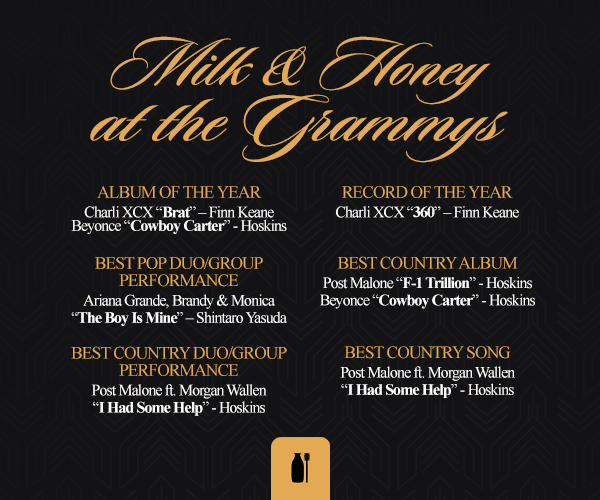The Wall Street Journal reported on Wednesday (October 12), citing people familiar with the discussions, that TikTok parent ByteDance is in negotiations with record companies about expanding its dedicated music-streaming platform to multiple new markets.
The move, if successful, would see TikTok’s sister app, Resso, expand out of its three current marketplaces – Brazil, India and Indonesia – and into “more than a dozen” new territories.
Initially, those markets would not include the United States, reports the WSJ, citing sources.
However, according to MBW’s sources, ByteDance’s plan is meeting some resistance from certain music rightsholders who question the current monetary reward their music receives from TikTok itself (a separate platform to Resso).
Some leading figures in the global music industry are calling on ByteDance to commit to a “revenue-share” model on TikTok, whereby music rightsholders are rewarded with a fixed percentage of revenue generated by videos that contain music.
Such a model was agreed upon earlier this year between Meta and large-scale music rightsholders like Universal Music Group and Warner Music Group, for certain user-generated video types on Facebook. The launch of Facebook’s ‘Music Revenue Sharing’ was initially US-only, but earlier this month expanded globally as per a Meta announcement on October 5.
Currently, TikTok’s licensing agreements with music rightsholders are based on so-called “buy-out” deals, which often last for two years – under which ByteDance pays rightsholders an upfront check for a blanket license for the use of music in short-form video clips.
Another cause for concern for some music rightsholders, reports the WSJ, are the payouts they’re seeing from Resso, which – similar to Spotify – operates both an ad-funded and subscription tier.
The Journal cites sources suggesting that to date, the conversion rate from free to paid subscribers on Resso has been in the low single-percentages.
On Spotify, at the close of Q2 2022, that ‘freemium’ conversion figure sat at 43% (188 million paying subs out of 433 million total global active users).
Sony Music Entertainment recently refused to renew its licensing agreement with Resso, resulting in its catalog being pulled from the service in all three of its current territories.
The WSJ report follows months of speculation about the pending global launch of a dedicated platform for TikTok Music – which could perhaps be a planned rebranding of Resso.
Most recently last week, MBW spotted at least six verified Twitter accounts for ‘TikTok Music’ for multiple global markets, all with the same branding and messaging, stating: “Welcome to a new way to experience music.”
The verified @TikTokMusic account on Twitter has posted three times, all of which were on April 25. The account currently has 75 followers.
MBW tracked verified TikTok Music accounts for Malaysia, Australia and New Zealand, Latin America, Singapore and Asia.
Back in August, Music Business Worldwide discovered a US patent filing filed by Singapore-based TikTok Pte hinting at a music service. We also spotted that TikTok was hiring for staff to work on its ‘TikTok Music’ team.
One ByteDance job ad said: “Resso or TikTok Music, is a music app for Gen Z that launched [in] 2020 in India, Indonesia and Brazil”.
The Journal reports, citing sources, that ByteDance is now looking into ways that Resso could be more fully integrated into the TikTok app.
In March, TikTok publicly launched its own music distribution platform called SoundOn which is already live in the UK, US, Brazil and Indonesia.
SoundOn enables artists to upload their music directly to TikTok and Resso, and to distribute their music to other platforms like Spotify, Apple Music and Instagram.
Responding to the new WSJ report on Resso, BNP Paribas Exane, said in a note on Thursday (October 13) that ByteDance’s music-streaming foray could improve monetization for labels.
“We view the WSJ [report] as supportive with ByteDance getting closer to launching a global music service which will be critical in reducing the ‘value gap’ and driving improved monetization for labels,” BNPP Exane said.
Last year, YouTube generated $6 billion for the music industry out of the video-sharing website’s $30 billion revenue.
“We estimate Tiktok monetization is [currently] a fraction of this,” BPP Exane said, adding that TikTok’s revenue is already likely to surge on ad revenues, bringing a major source of upside for labels, even before the company officially launches its own music-streaming app.Music Business Worldwide

